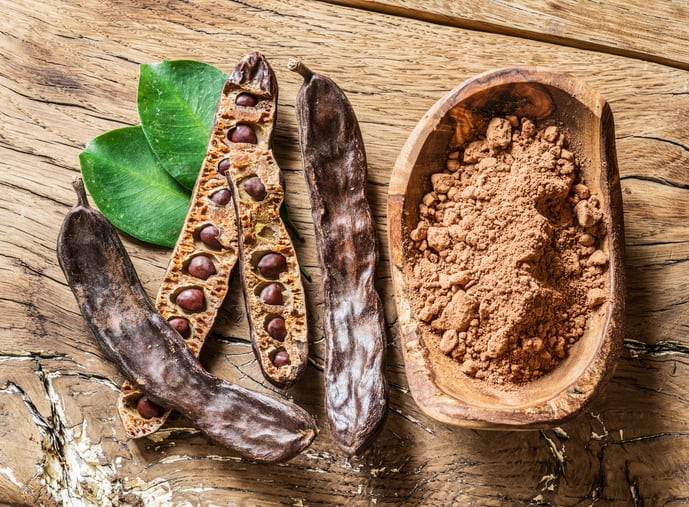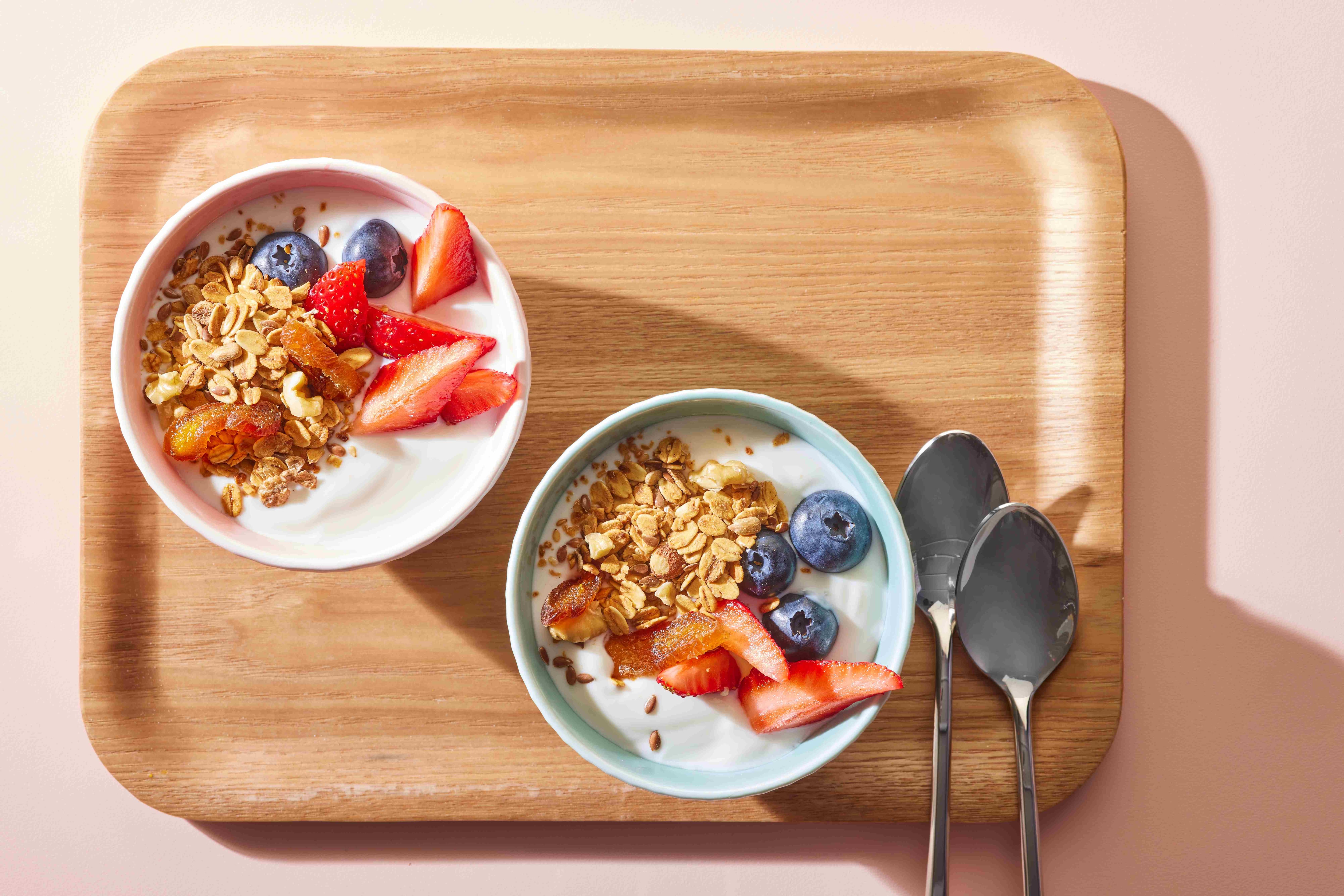CarobWay expects to launch its first commercial product, CarobBiome, in 2026, with further plans to expand its full line of carob-based ingredients into the United States at a later date. The deal sees GRA Nutra add CarobWay’s products to its North American portfolio.
The first product, CarobBiome, is a natural prebiotic fiber that is derived from the carob fruit and can be incorporated into dietary supplements, functional foods and beverages. The company states that the prebiotic helps to promote digestive comfort, enhances satiety and supports overall metabolic function.
CarobWay, an Israeli food tech firm, operates as a vertically integrated company, acting as both the cultivator and developer of the carob-based ingredients.
Preparing for launch
The agreement between CarobWay and GRA Nutra arose from a long-standing professional relationship and mutual experience in bringing ingredients to the global nutraceutical and functional ingredients industries, CarobWay’s CEO Udi Alroy told NutraIngredients.
“We share the same commitment to evidence-based innovation, regulatory excellence and high-integrity market execution,” he said. “For an innovative ingredient like CarobBiome, we wanted a partner who truly understands both the science and the market, and GRA Nutra is uniquely positioned to represent us in the US.”
Signing the distribution agreement with GRA Nutra is just one step in the broader process for CarobWay to ready itself for the planned 2026 launch of CarobBiome.
Outside of this agreement, Alroy explained that the company has also completed the scientific substantiation of CarobBiome prebiotic and metabolic-supporting benefits, secured long-term sourcing for its vertically integrated carob orchards and selected the U.S. dietary supplement space as its first target market, which included the development of ingredient delivery systems such as gummies.
Scaling to meet demand
Another major milestone for CarobWay has been its efforts to finalize the scale-up of its proprietary clean-label production process. The process has been two years in the making, progressing from R&D efforts through to pilot-scale production that resulted in the company’s commercial-ready product, Alroy said.
Currently, the company is focusing on scaling up production at its dedicated processing facilities. This work includes “expanding extraction and stabilization lines to meet projected U.S. demand,” Alroy outlined. “Also, we are standardizing our proprietary zero-waste process, which preserves the natural composition of the carob fruit, and building supply security through long-term grower partnerships.”
As the company has full ownership and control over its full value chain, from orchards to extraction and finishing, it believes it can guarantee a stable, scalable, high-quality supply for U.S. brands, he added.
Planet-friendly prebiotic
One of the benefits of working with carob fruit relates to its planet-friendly credentials, the company stated. The carob tree is a drought-resistant perennial that grows on marginal lands, requires minimal water, resists pests naturally and contributes to carbon sequestration and long-term soil health.
In addition to these factors, the carob orchards require little fertilization or chemical treatment, the trees themselves can produce fruit for between 80 and 100 years, and the carob blossoms are a nectar source for pollinators, including bees, Alroy explained.
“By combining these natural advantages with precision agriculture and minimal processing, CarobWay delivers ingredients that are both climate-smart and resource-efficient—helping brands meet sustainability goals without compromising performance,” he said.



